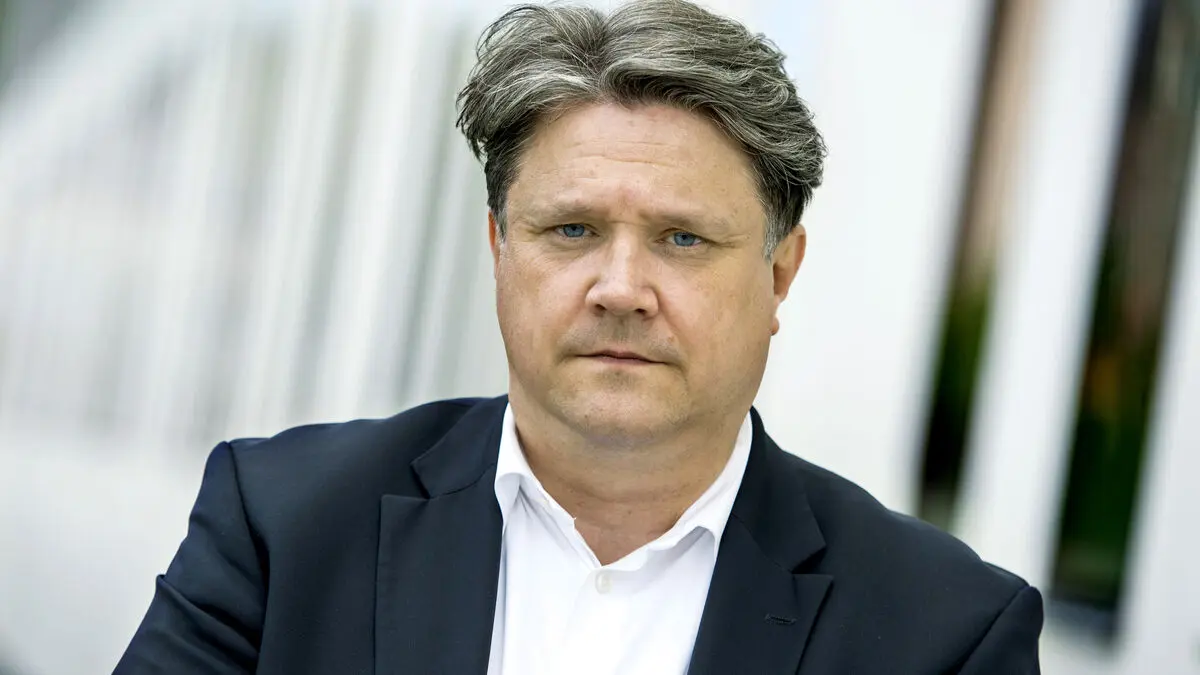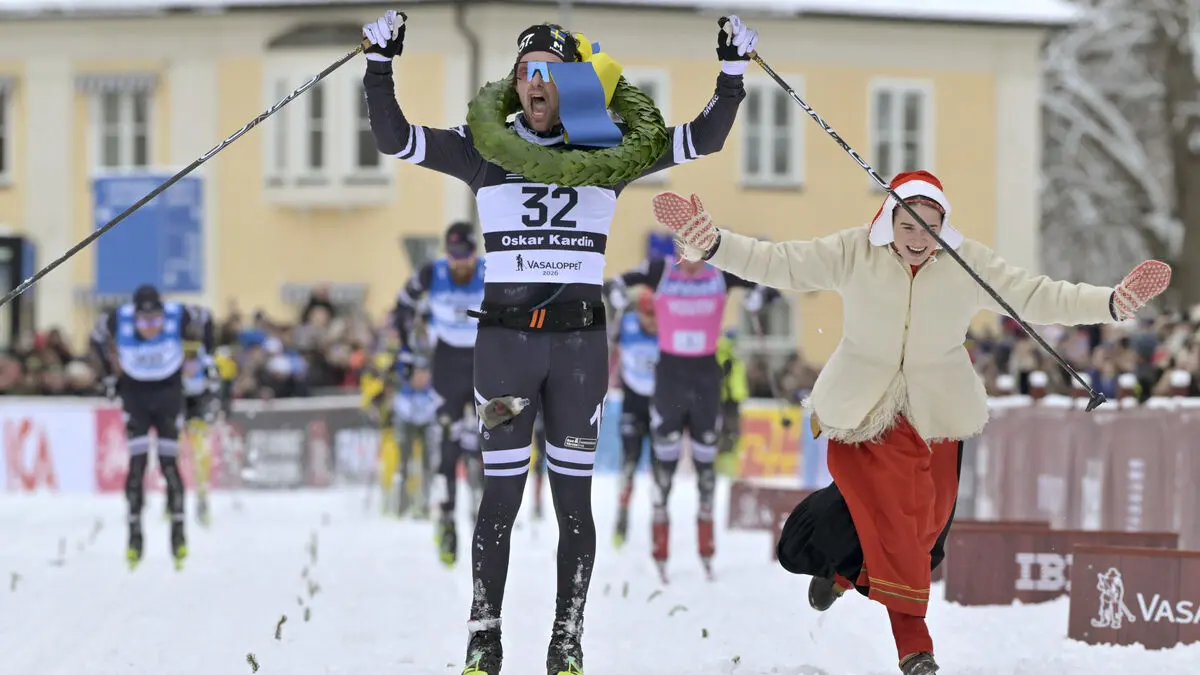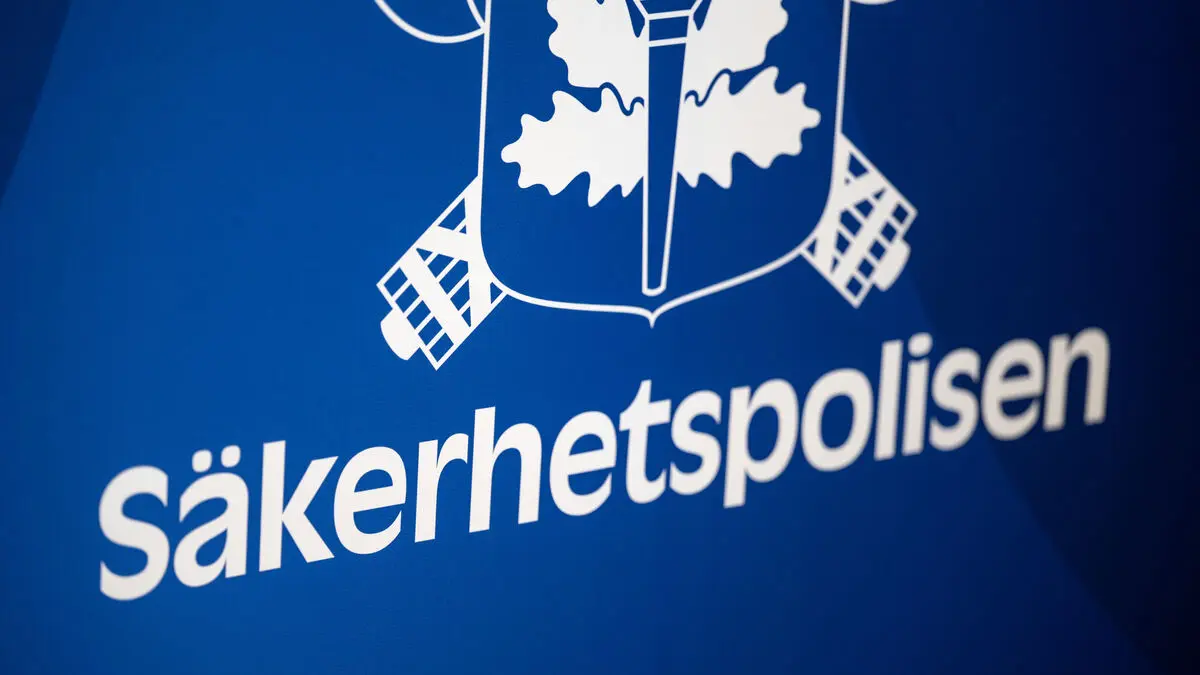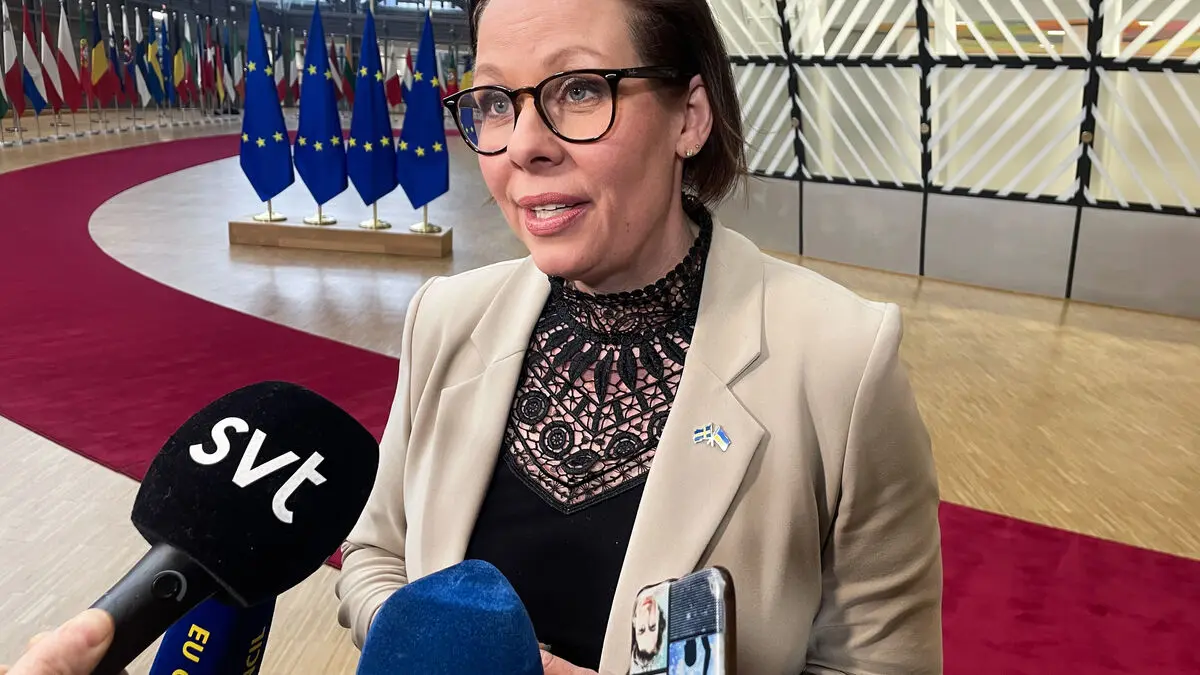Sweden's small cultural institutions are struggling. In a cultural landscape where the pandemic, inflation, and reduced grants have left deep economic scars on operations, the actors are taking matters into their own hands.
Cultural life in Sweden is tough. Many small cultural actors are on their knees since the economic conditions changed in recent years.
Inflation, war, and the aftermath of the pandemic have led to increased costs, while culture has had to take a backseat to other priorities. This has meant that grants have stood still, shrunk, or been completely eliminated.
Victor Estby is the operations manager for the literary year-round operation Bokdagar in Dalsland. In 2024, the operation suddenly lost a significant part of the support it had previously received from the State Cultural Council.
It's about a policy that's changing, with a different view on culture, whether it's important or not. It's about what's happening in the world with war and economic changes. We've been through this before, but now it feels like everything is happening at the same time, he says.
Trimmed program
This year's program for the summer literature festival has therefore been trimmed. Additionally, the spring Poetry Days festival has been cancelled, and the autumn author talks have been cut from six to one.
- We've cut back everywhere we can. But it's taking a huge toll on us to spend so much time patching up this economy, says Victor Estby.
Other actors are struggling with rent increases and renovation needs within the tighter economic frameworks. At Teater Galeasen in Stockholm, the audience seats need to be renovated, something they are trying to finance through sponsorship: for 2,000 kronor, you can get your name on a chair and a plaque in the foyer.
The grants from the state and municipality have essentially stood still for a long time, and the biggest hurdle for us is the rent, something we share with large parts of Swedish cultural life. It's a gigantic problem because there's very little money left to create theater, says theater manager Sophia Artin.
Higher ticket prices
Ahead of the autumn premiere of "Fanny and Alexander", they have raised ticket prices, specifically by 30 kronor on full-price tickets. The theater is also actively seeking economic support from various actors. Chasing money takes time away from core operations, according to Sophia Artin.
During the year, debates have flared up about the view on what culture is, what role it should have, and to what extent it should be financed with public funds.
Sophia Artin is critical of the view on culture as a cost and not as an investment.
I wonder why they never highlight the returns that the grants and subsidies provide, in the form of taxes, for example.
The pandemic grants that many cultural institutions received during the pandemic have ceased.
In the wake of the economic crisis, several cultural actors have been hit by increased rents.
The 2023 cultural budget meant eliminated, reduced, or stagnant grants for several cultural actors.
From a political standpoint, discussions have been held about increased private financing of culture, which has led to debates about the role and function of culture – as an end in itself or as a driver of growth.






